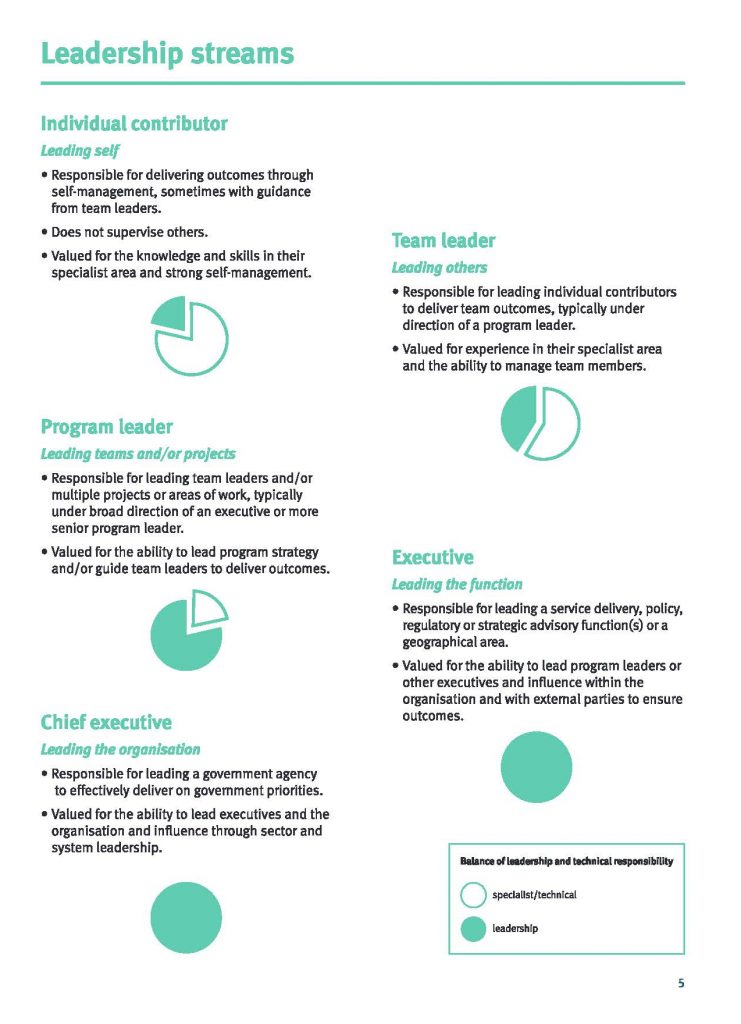Have you ever applied for a job a level or two up from the level you are currently at, and given an outstanding selection criteria response outlining your skills with awesome examples and not got an interview? Frustrating hey. Probably because your selection criteria pitched too low.

Upsize your experience!
Most people in relating experience in their selection criteria responses relate it to the work they did. What you need to do is relate it to the work you want to do.
Taking a step back, you’ve probably heard in performance planning you should aim to develop the skills for the job you want, not the job you’re in. That’s easy enough to say and to do. It’s also fairly obvious because if you’ve got a job then the assumption is you already have the skills to do it, if not you perhaps need to ask why you’re there.
Irrespective, when you’re setting a performance plan you should be looking at role descriptions for the next job(s) you might be applying for and the skill areas/competencies they contain so you can target the development of those skills. Working with your manager you should then be planning ways to develop those skills in doing your day job.
This is where worlds collide, because you are doing your day job, not the next level up job and even though you may get experience and opportunity to develop those skills; your selection criteria responses are likely to be examples of things you have done in your day job.
So how do you upsize those examples to apply for the job, not just plan to develop skills.
The trick is in how you interpret and relate the experience you have.
Relate your Experience Correctly; Don’t Use Selection Criteria Pitched Too Low
For anyone in an organisation, as you step up levels you need to know and do less; and be able to lead and encourage others to do more. That’s the basic career journey.
In my Completing Selection Criteria and Translating Your Service Experience courses, I discuss competency frameworks.
Looking at different roles graphically you’ll notice in these pie charts the mix of leadership and specialist/technical knowledge changes (green is leadership).
Leadership Streams
At the individual contributor levels, it is mostly about specialist/technical knowledge. At the executive/CEO level it is only about leadership.
In crude terms it means to be a CEO you don’t need that much technical knowledge; you’re a leader.
What does that have to do with your next job application? Don’t make your selection criteria pitched too low.
Individual Contributors
For the individual contributor roles, it is mostly about technical skill. They’re your subject matter experts and specialists. It means if you’re in a role and have good technical knowledge, that to apply for the next role up you need to start talking about leading people more than doing things yourself. To put it crudely, as you go up levels you do less yourself, because you have people to do the doing.
Managers and Team Leaders
Those roles fall in between the subject matter experts and the executives. You have team leaders and program leaders, each taking on less specialist skill and more leadership. For team leaders they may be a subject matter expert for a group or team or function.
Executives
Go up again into more senior levels and you have lots of people to do the doing (run the business), your job becomes to tell people what they are all doing to help the organisation achieving it mission.
Have you ever wondered what it’s like to be a CEO or thought about what they do day to day? If you have a CEO or a Director General in government terms, you probably always see them talking to large groups of people, handing out awards, running forums or traveling to represent the organisation at national levels. If you think about it, they’re really just a talking head which makes you wonder why they get paid so much. The answer to that question is the are responsible for every person, dollar, process and decision that gets made. That’s why they get the big bucks.
But I digress. Your next job application.
Your Next Selection Criteria
If you’re applying for a manager role, focus on leading others, passing on your knowledge, being a resource and facilitator; not a do’er. If you focus as a do’er your selection criteria pitched too low.
If you find yourself giving examples of the minute details of a project you ran and how you set up meetings and took minutes and used email, stop what you’re doing. Delete it and start again. Literally. If you’re applying to be a manager for $125,000 a year, it’s taken as read you can run a meeting and use email. What they want to know and see is how you lead small teams.
Instead of talking about that project in terms of what you did, focus on what you achieved. What was the customer outcome? How did you facilitate team members to do their work by removing obstacles. What organisational improvement did you achieve and how did it align to your section/organisations goals?
It’ll feel foreign at first as it feels quite vague. It’s unfamiliar because it is not concrete, it is about the organisation, not your technical skills and knowledge.
It’s maybe one of the hardest transitions to make in employment, from being a subject matter expert/technical person to being a manager. Work will come in and your initial thought will be to do it yourself because you have the skills. That’s not your job. That’s what you have people for. With the passage of time as your technical skills start to date and you see younger more skilled people come in, that’s when you realise what being a manager is all about because you have no idea what they’re doing nor grasp how skilled they are.

Senior Leadership
I’ve never been a senior leader, nor do I want to. I do however know a lot of senior leaders.
If you aspire to those lofty heights, and you’re applying for a director role, focus on leading others, negotiating with leadership to advance the teams skills and capabilities and align them to how the organisation is going to achieve it’s goals. At that level your technical skills are almost irrelevant and your leadership, communication inspiration, engagement and direction setting skills are what you win jobs on. If you don’t, your selection criteria pitched too low, but that a problem for future you.
Share this post
